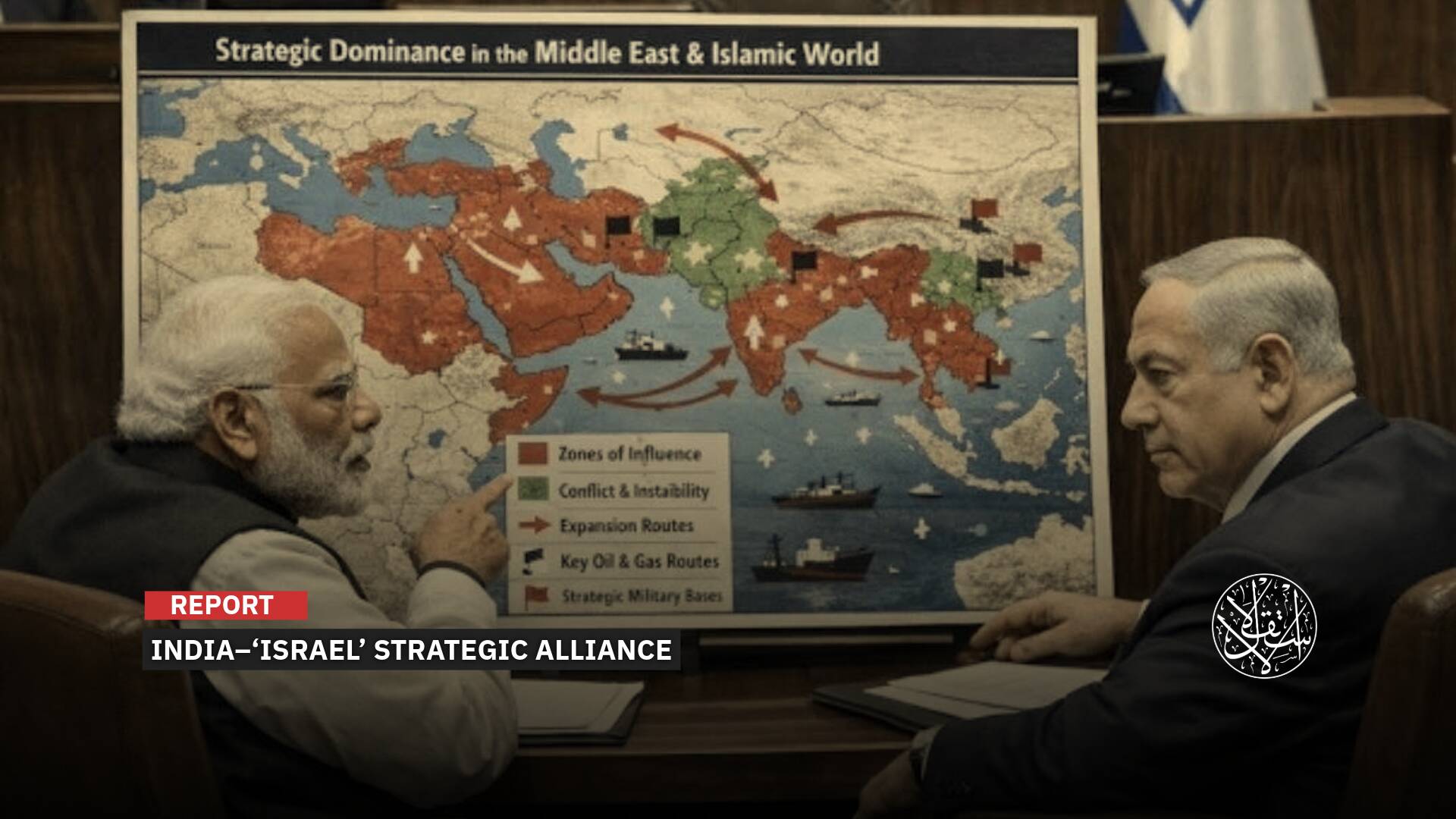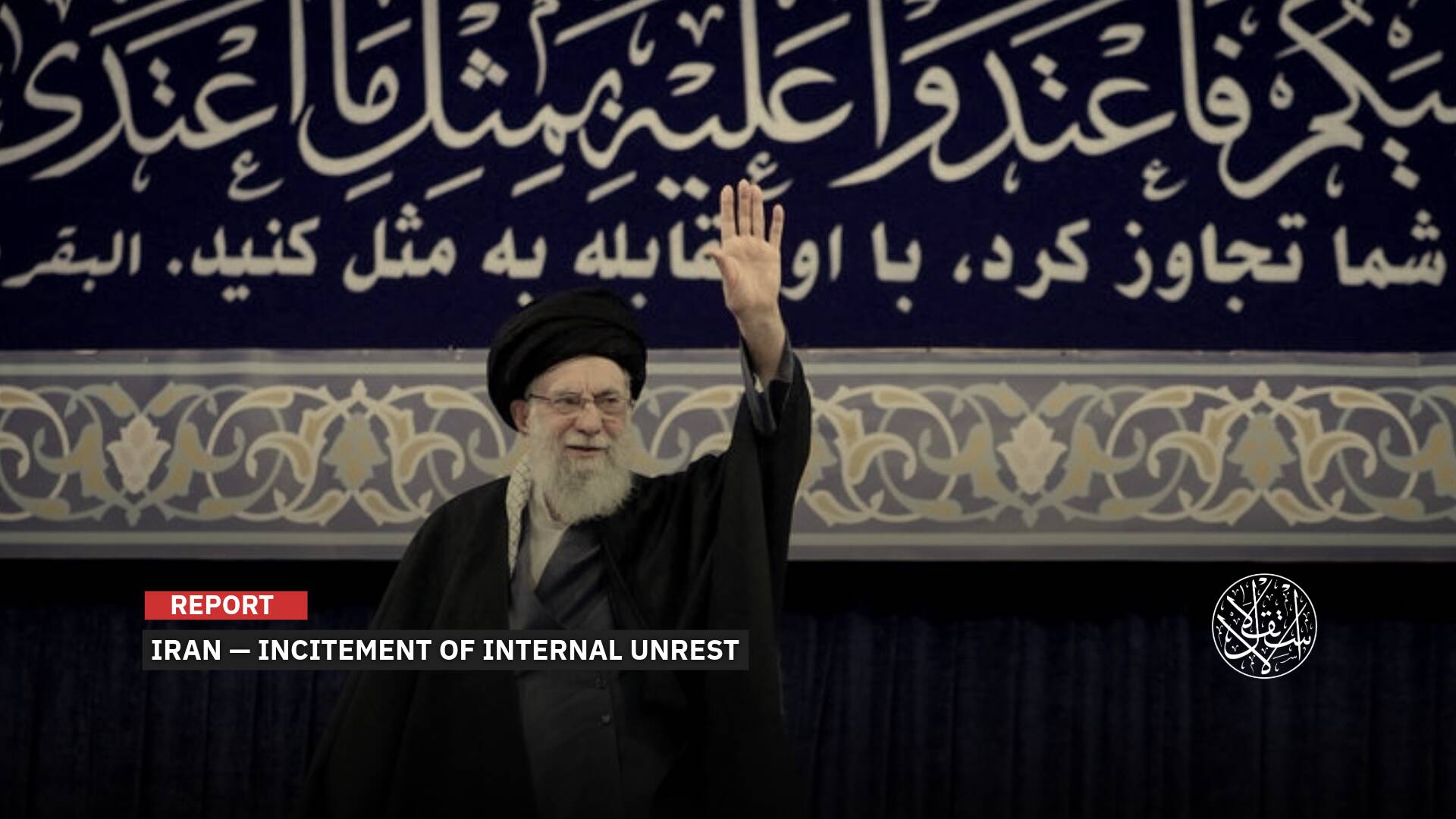Wine and Poverty! “Chaotic Behavior” of Russian Tourists in 6 Countries

The Russian tourist’s addiction to alcohol, his chaotic nature, and the poverty of most of them, seem to be negative factors that made the popularity of Russians in most countries of the tourist world at its lowest, as they became undesirable in most countries.
The expert in expanding Russian cultural relations, Mahmoud Khedmetkzar, wrote an article on the "Iran Diplomatic" website about Russia as a force to be reckoned with in the world.
The Iranian expert talked about the popularity of Russians in many countries such as India, Ukraine, Greece, Norway, France and Turkey when they go to these countries as tourists.
He stressed that the matter "is inseparable from politics," explaining the relationship of each of these countries with Russia over a long history.
The article indicated, in a glimpse, how the peoples of these countries confront Russian tourists, pointing out that this confrontation is affected by the behavior of the Russian statesmen with them.
He asserted that "on international occasions, it is not possible to separate the behavior of statesmen from the people's view of this behavior."

Ukraine
Regarding the relationship of the Russians with the people of Ukraine, the writer said: "During the period of the rule of the Soviet Union and Russia, the Ukrainian people had the most historical, religious, and civilized links with the Russians than among the rest of the peoples."
"The Russian-Ukrainian identity is so woven into each other that the main differences between these two civilizations can hardly be discerned," he explained.
Today, although many citizens of both countries have maintained their kinship with the other country, the Ukrainian people are not happy about the entry of Russians into their land.
Ukraine has beautiful nature and charming tourist places, including the "Carpathian" mountains, the green pearl of Ukraine, next to the largest ski resort Bukovel in Eastern Europe, which attracts foreign tourists greatly.
The relationship between the two countries was strained by Moscow’s occupation of the Crimea in 2014, and this tension is increasing, especially in the regions of eastern Ukraine, where a large number of Russian speakers reside, according to Khedemakzar.
He stressed that "this matter in recent years (2014-2021) raised the alarm about the Russians' travel to the regions of western and central Ukraine."
The author of the article explained that "the main cause of the military tension between them in the eastern Ukrainian regions lies in the pro-Russian militias and the central government of Ukraine."
"According to the document issued by the Russian government on November 30, 2018, Russians aged 16 to 50 do not have a travel permit to the mentioned places."
Greece
"In 2019, during the return of Russian citizens from (Thessaloniki) airport in Greece to the city of Volgograd - in the European part of Russia - a bad event occurred that caught the attention of passengers of other countries," according to Khidmatkzar.
He explained that "while the Russian passengers asked airport officials why the flight was delayed, they received a sharp reaction."
He pointed out that a clash took place between the airport security and the Russian tourists, recorded by the phones of the rest of the foreign tourists from other countries who were at the airport.
India
Concerning India, the expert, Khedmetkzar, said: "The Goa region in India has gained international fame due to its recreational beaches, charming historical places, and delicious food, while Russian tourists faced some challenges there."
"Goa's people consider most Russian tourists to be second-class tourists, and they should be treated differently."
"The negative perception of the local population towards Russian tourists is influenced by the attitudes of Russian employers in attracting Indian workers to Russia"
"Indians of Goa see that Russian employers are wasting job opportunities for Indian workers in Russia and treat them inappropriately," according to the expert, Khedemakzar.
France
The ski slope Marble, which hosted the Winter Olympic Games in 1992 in France, is located between the famous Alps, and with the holding of these games there, the slope has become a destination for tourists who come to it from all parts of the world..
"The French believe that most of the Russians come to France, and the original goal of a few of them is to learn about the latest fashions."
"They see that many Russian tourists do not have the ability to afford the tourist area Korchol."
"The French also claim that the wealthy Russian tourists, unlike other European tourists, lack any kind of knowledge of behavioral norms, and respect for the other."
“Therefore, in the New Year holidays, and the month of March, which is the period of the Russian seasons, the French try not to appear in any place of entertainment inappropriately,” according to the writer.

Turkey
Khidmatkzar added: "Turkey is the largest popular tourist destination for Russians," referring to the visit of about 6 million Russian tourists to Turkey, according to the statistics of the Turkish Ministry of Culture and Tourism in 2018, and before the start of the Coronavirus pandemic.
"Taking into account the costs of accommodation in Turkey, most Russians tend to enjoy some time during the year there."
"Local residents complain about the behavior of Russian tourists, because most of them are addicted to alcohol without restrictions in public places, with violence and physical conflict."
Breaking the rules in a country like Turkey that has a religious fabric causes strong clashes at times between local residents and Russian tourists in some tourist areas.
Norway
According to the writer, "The Norwegian people have a special reason for hostility with Russian tourists, and they are convinced that all Russians have a dark past, and most of them have close contact with mafia groups, which worries the Norwegians."
"For the same reason, Russian tourists are likely to get into trouble when they speak Russian," even though "the Scandinavian people, or as they are known in Germans, are quiet, peace-loving people."
"It is possible to see their negative view of Russian tourists, but they do not show this negative behavior in public", concludes his article, the expert in expanding Russian cultural relations, Mahmoud Khidmatkzar.












